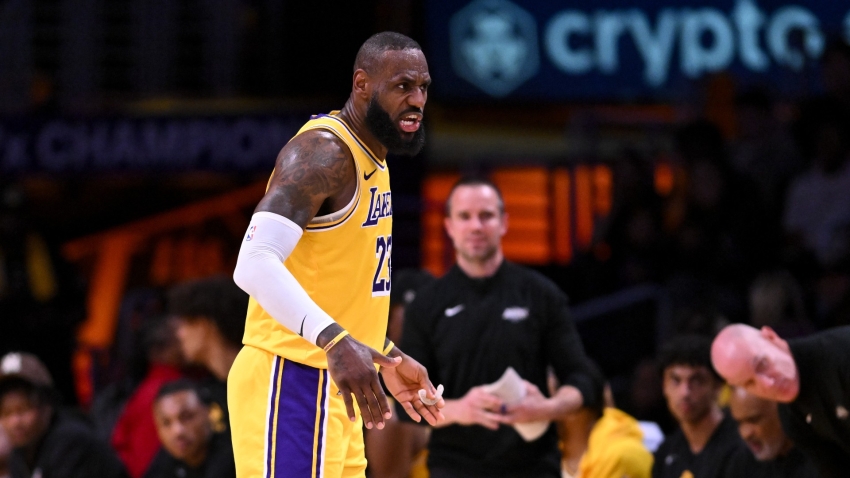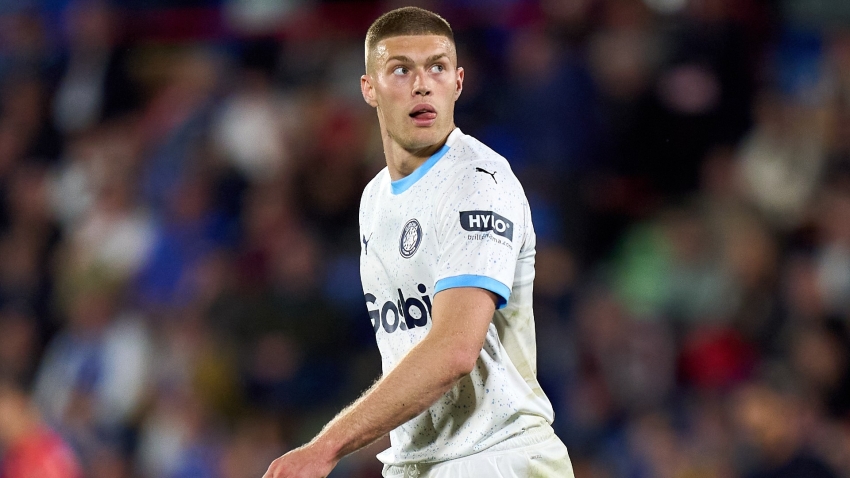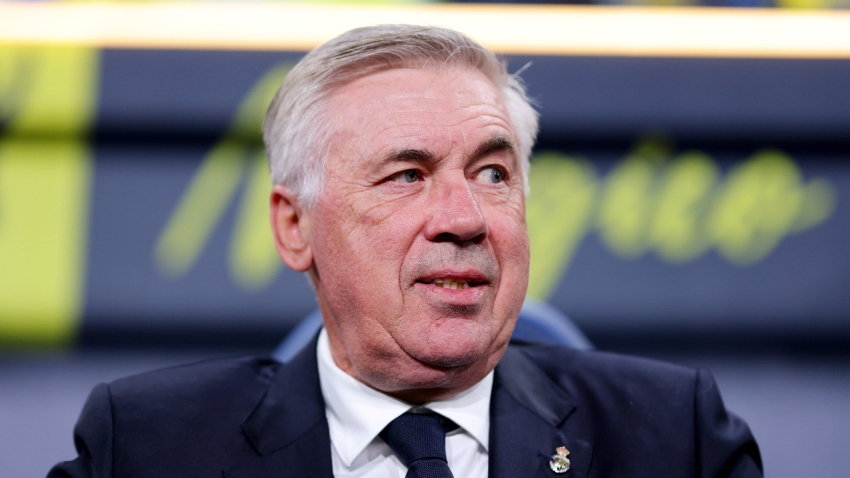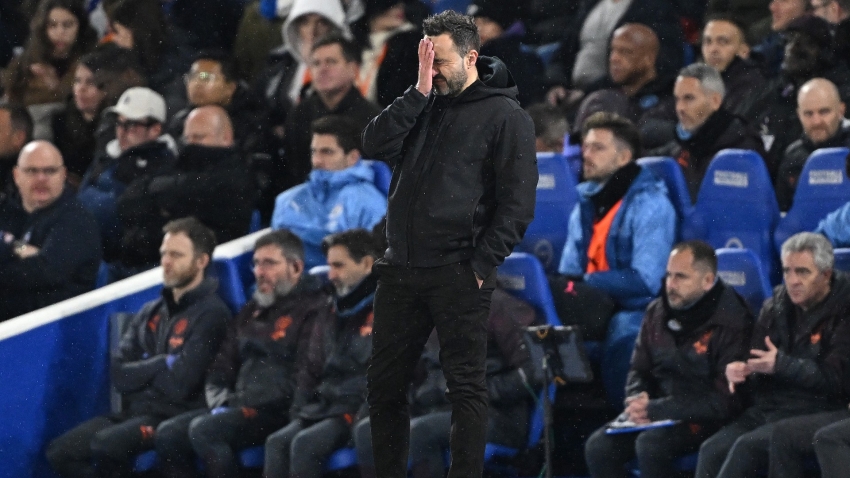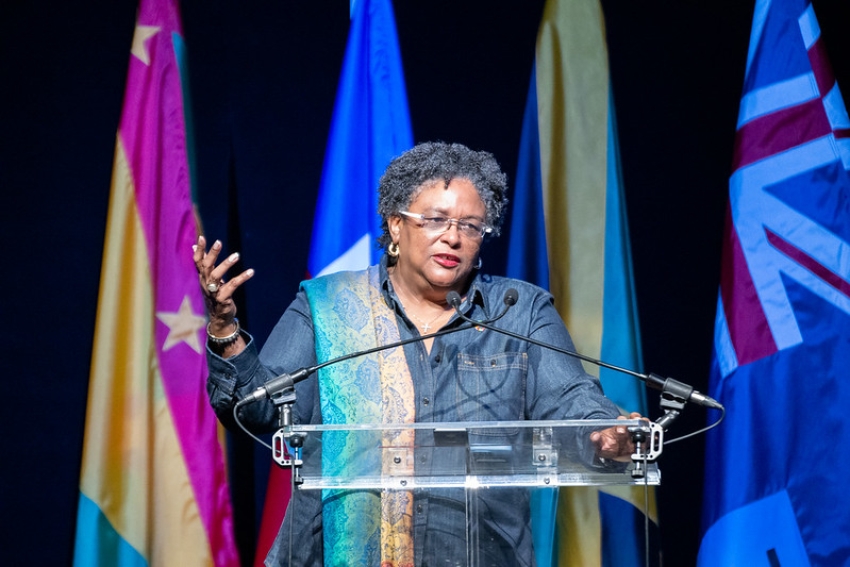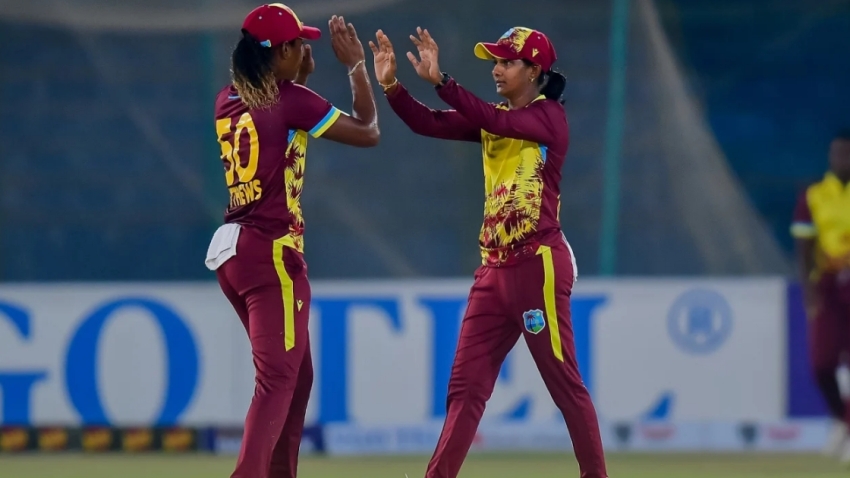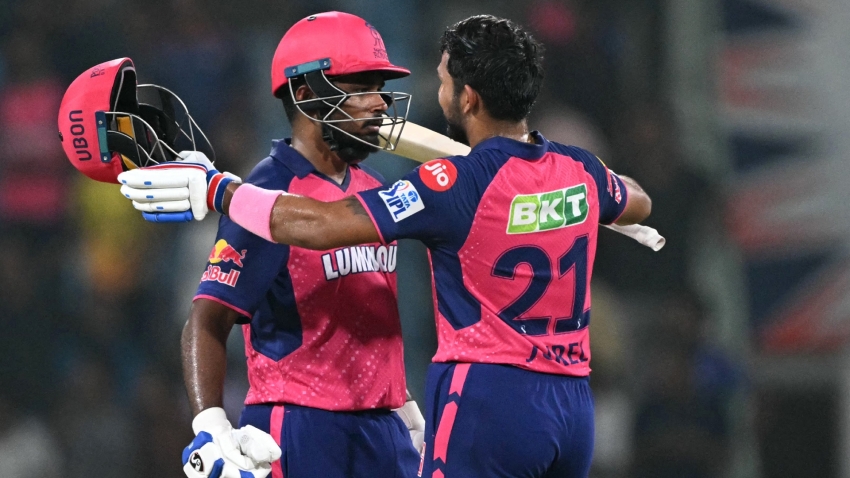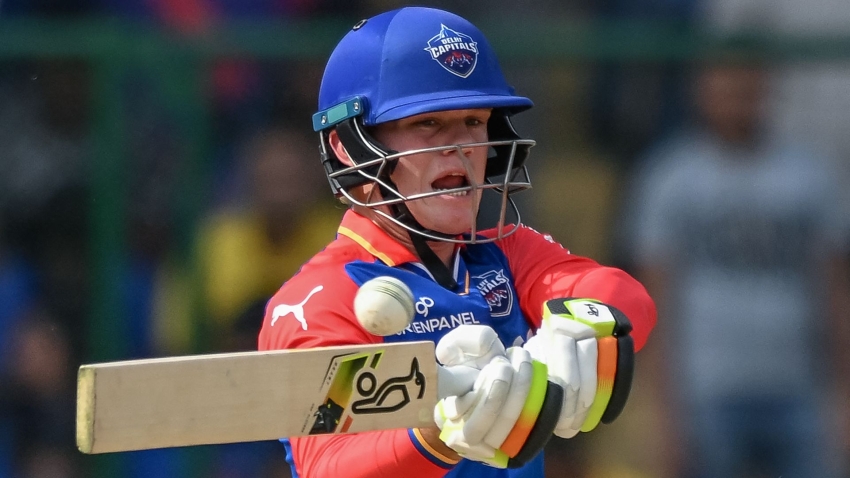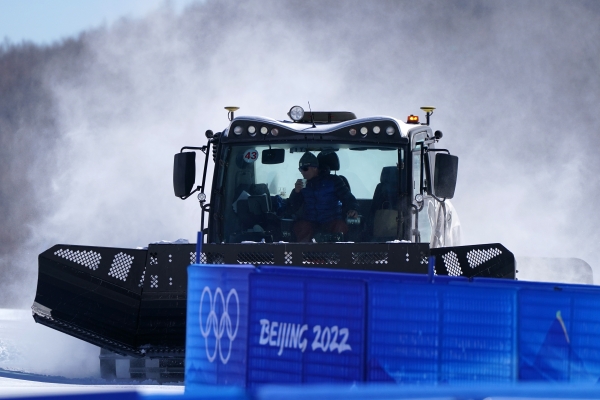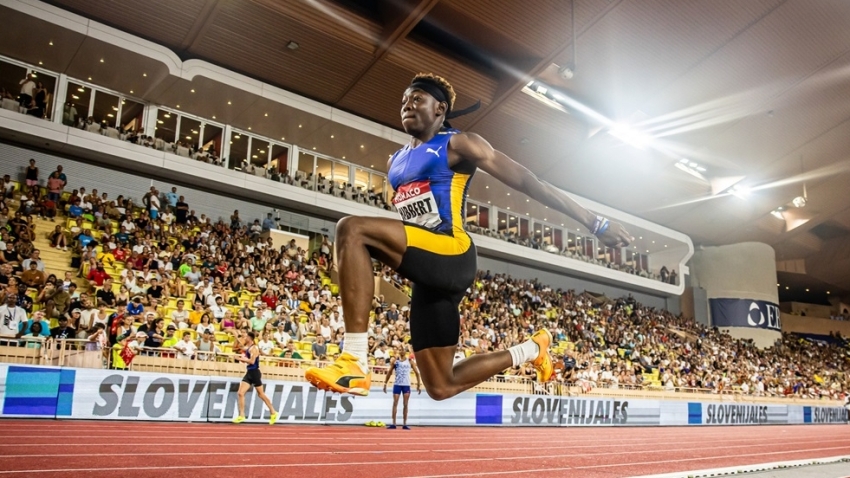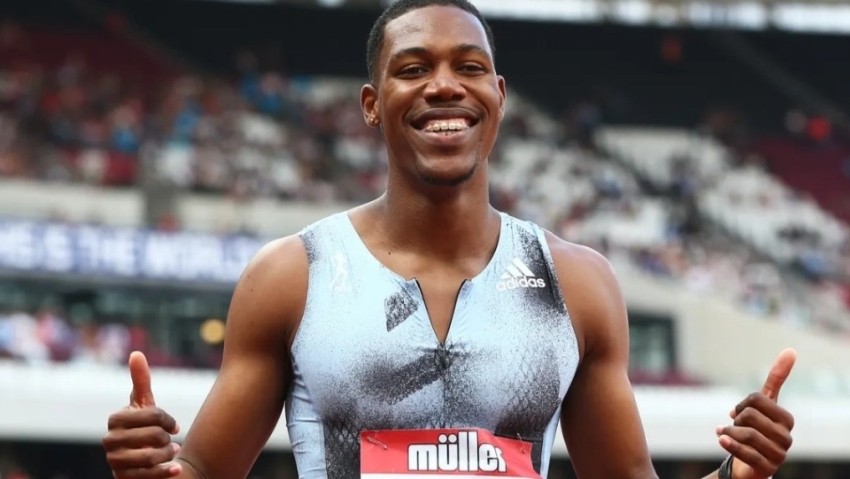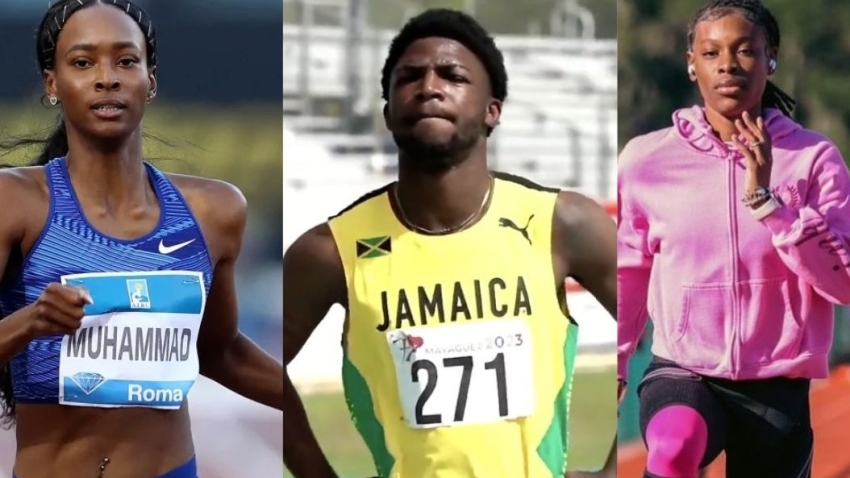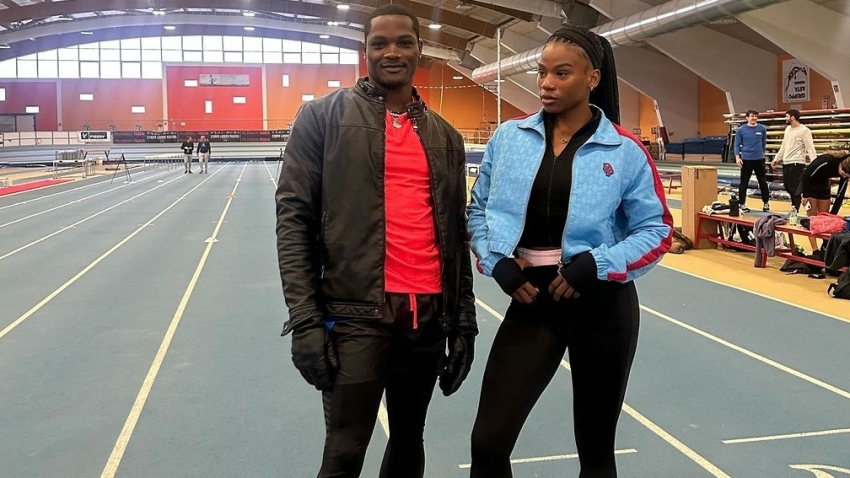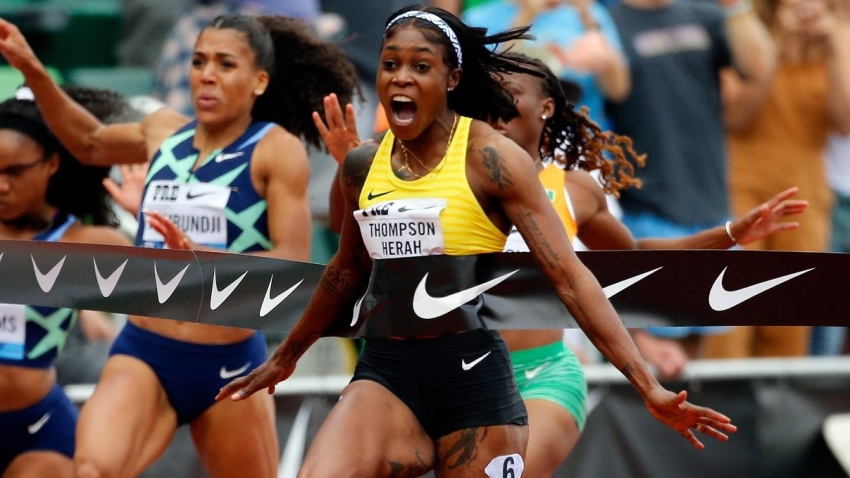Winter Olympic athletes face “serious barriers” to speaking out over the climate challenges facing their sports, a leading ecology expert believes.
Research by the Future Host Commission for the Olympic Winter Games revealed in October that climate change could result in the number of viable hosts being reduced to just 10 countries by 2040.
Rising temperatures have also hit venues serving the general public, resulting in truncated seasons, unaffordable prices or even closure which affects both the next generation of winter sport athletes and their audiences.
Speaking ahead of the Winter Olympics’ 100th anniversary on Thursday, Dr Madeleine Orr – founder and director of the Sport Ecology Group – told the PA news agency: “I think you’d be hard-pressed to find a winter athlete who is not (concerned). That said, it’s not always a conversation that’s coming up in the open for a number of reasons.
“Athletes have been on this for a long time. They’re not dumb. They know the risks, and they’re aware of it, and they don’t love it, but they’re hemmed in a little bit because there are some serious barriers to speaking up on this.
“You’re potentially risking funding, you’re potentially risking embarrassing people that you work with, it’s a very fine line to get your message across in a soundbite without stepping on someone.”
The IOC is exploring a number of options, including establishing a permanent group of “climate-reliable” sites, ideally ones with existing venues, which would rotate hosting duties.
Orr added: “If you’re one of these Olympic cities for the Winter Games, you will have a long-term use plan because you are going to become a guaranteed spot on everybody’s calendar, and that will keep people employed and it’ll keep it fruitful.
“It’s a reaction to climate change I think that makes sense. I do think it’s not perfect, but I do think it’s probably the best bet.”
Recent editions have relied at least partially – if not near completely in the case of Beijing 2022 – on artificial snow, but Orr said: “It’s not a solution when it gets too warm. You can blow snow out of your gun as much as you want, but ultimately if it falls on the ground and it’s more than three degrees outside and it’s melting, you’ve achieved nothing.”
Orr is concerned about how the IOC might address the potential competitive advantage for permanent hosts.
Establishing long-term hosts might encourage venues to invest in equipment to make access more equitable and affordable.
But as communities continue to lose accessible venues, from outdoor ice rinks to lower-altitude ski resorts forced to compensate for shorter seasons by raising prices, Orr fears the Winter Olympics risks losing out on both interest and the sponsors that allow a more diverse range of athletes to participate.
Asked if there will be a Winter Games in another 100 years, Orr replied: “While it’s not possible to predict at this stage, I would also say the economy of winter sports are going to shut it down faster than climate, which is to say it’s already expensive as hell. It’s already exclusive.
“In 100 years is it going to be climate change that shuts down the Winter Olympics? No, I think they could probably tech their way out of that and find a way to host it. I just think you might not have an audience for it.”





